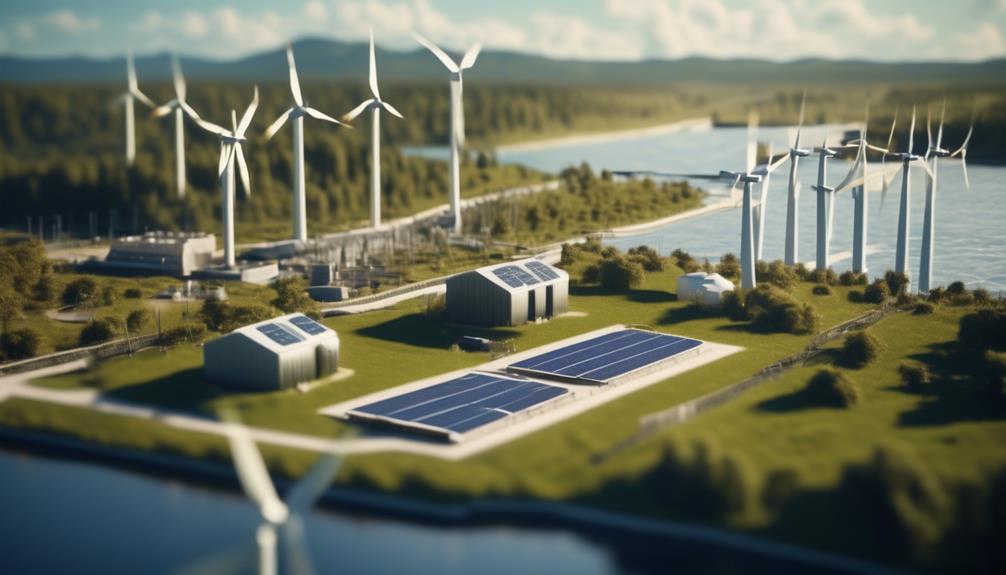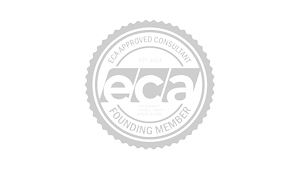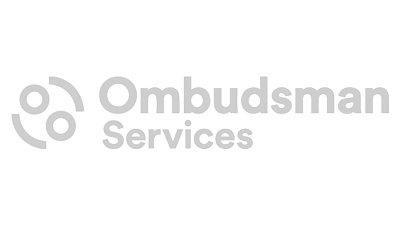In the fast-moving world of business, where every dollar counts and the sustainability of operations is more important than ever, you’re likely on the lookout for strategies to trim down your enterprise’s energy consumption. This pursuit is not just about reducing expenses; it’s about aligning your operations with broader environmental responsibilities and ensuring your business remains competitive and sustainable in the long term.
The complexities of managing energy effectively can seem daunting, but with the right approach, significant savings and efficiencies are within reach.
Drawing on years of expertise in energy management and sustainability practices, this guide offers a treasure trove of actionable insights tailored specifically for businesses like yours. We understand the hurdles you face—from escalating energy costs to the challenge of integrating sustainable practices into your existing operations.
By delving into this guide, you’re taking a step towards not only optimising your energy consumption but also fortifying your company’s future. So, let’s embark on this journey together, assured that the solutions to your energy concerns lie just ahead, ready to propel your business towards a more efficient and sustainable horizon.
Energy Supplier Switching
Switching energy suppliers presents a compelling opportunity for businesses to achieve substantial cost savings and optimise their energy expenditure. By comparing different energy suppliers, businesses can potentially secure better deals and reduce their energy costs. This relatively quick and hassle-free process can lead to significant savings on utility bills.
Through energy supplier switching, businesses have the potential to save a substantial amount on their energy bills, allowing them to allocate resources to other areas of their operations. Moreover, by choosing energy suppliers that offer renewable energy sources and promote energy efficiency, businesses can also reduce their energy consumption and environmental impact.
Understanding the process and potential benefits of switching energy suppliers is crucial for businesses looking to take control of their energy expenditure. It’s important for businesses to conduct thorough research, analyse their energy needs, and consider the long-term benefits of switching suppliers to make informed decisions that align with their energy efficiency goals.
Business Energy Audit
Having optimised their energy expenditure through supplier switching, businesses can now further enhance their cost-saving strategies by conducting a comprehensive business energy audit to identify areas for improvement and potential savings.
An energy audit is a crucial step in understanding energy usage and identifying opportunities for energy saving. It involves analysing the entire business for potential changes, such as upgrading to energy-efficient equipment and implementing strategies to reduce consumption.
Smart meters can also play a vital role in helping businesses understand their energy usage more effectively, enabling them to make informed decisions about energy-saving initiatives.
By conducting an energy audit, businesses can gain insights into where energy is being wasted and make meaningful changes to reduce their consumption and overall energy costs. It is essential for businesses to know where they are losing money in order to make improvements that will have a significant impact on their bottom line.
Therefore, learning how to conduct an energy audit is essential for businesses seeking to maximise their energy efficiency and reduce costs.
Equipment Power Management
Implementing effective equipment power management strategies is crucial for businesses looking to reduce energy consumption and associated costs. By actively managing equipment power usage, businesses can make a significant impact on their energy use and electricity consumption, leading to significant savings.
Utilising power management tools and technology allows for the monitoring and control of energy usage, helping to identify areas where natural gas and electricity are being used excessively. This data-driven approach enables businesses to make informed decisions about how to reduce energy consumption, ultimately using less and saving on energy costs.
Effective equipment power management is essential for overall energy efficiency in the workplace. It not only leads to cost savings but also contributes to more sustainable operations. By integrating power management strategies into daily operations, businesses can ensure that equipment is operating at optimal energy levels, reducing unnecessary energy waste.
This practical and solutions-oriented approach empowers businesses to take control of their energy use and make a positive environmental impact while also benefiting their bottom line.
Efficient Heating Solutions
Effective equipment power management sets the foundation for optimising energy efficiency in the workplace. When considering efficient heating solutions, businesses can further enhance their cost-saving and sustainability efforts.
One practical approach is to install programmable thermostats to regulate temperature settings. By lowering the temperature during off-hours and ensuring efficient heating during operational hours, businesses can reduce energy consumption.
Additionally, optimising air conditioning systems and using energy-efficient hot water solutions can contribute to overall energy savings.
Incorporating renewable energy sources, such as solar thermal systems, can also significantly reduce reliance on traditional heating methods. This leads to long-term cost savings and environmental benefits.
Encouraging employees to dress warmly during colder months can help maintain comfortable working conditions while allowing for less energy-intensive heating practices.
Moreover, promoting awareness about the impact of temperature settings and individual energy usage among employees can foster a culture of energy conservation within the workplace.
Water and Cooling Optimisation
Water and cooling optimisation strategies are essential for reducing energy usage and costs in the workplace. Regular maintenance of cooling systems is imperative to prevent energy wastage and enhance efficiency. By conducting maintenance on a regular basis, potential issues can be identified and rectified promptly, ensuring that cooling systems operate at peak efficiency.
Furthermore, considering alternative cooling technologies such as evaporative cooling can significantly reduce the amount of energy used for air conditioners, thereby lowering the energy bill. It is also crucial to implement energy-efficient cooling technologies and practices to minimise the overall energy consumption.
Additionally, optimising cooling processes can also lead to a reduction in water consumption by implementing water recycling and reuse systems. By focusing on water and cooling optimisation, businesses can effectively reduce their sources of energy consumption, leading to substantial cost savings and a more sustainable operational model.
Therefore, taking proactive measures to optimise water and cooling systems is essential for achieving energy efficiency and cost-effectiveness in the workplace.
Employee Engagement and Remote Work
In light of the demonstrated impact of optimising water and cooling systems on energy efficiency and cost savings, a shift towards employee engagement and remote work presents an opportunity to further reduce energy consumption in the workplace.
Remote working has shown to significantly decrease energy usage in the office, as fewer staff members onsite result in reduced equipment operation and energy consumption. Additionally, remote work often leads to increased efficiency and productivity, offering an added advantage to enterprises.
Considering the potential benefits, incorporating flexible or remote working practices can be an effective strategy to save on energy costs.
Educating and engaging employees on energy efficiency can result in significant cost savings. Encouraging the use of natural light and energy-efficient light bulbs, as well as promoting best practices for energy conservation, can contribute to a more sustainable and cost-effective work environment.
This approach not only aligns with the current global focus on climate change but also empowers employees to actively participate in the company’s energy-saving initiatives.


















